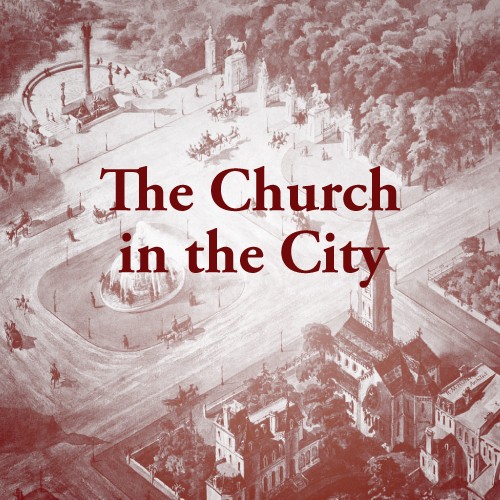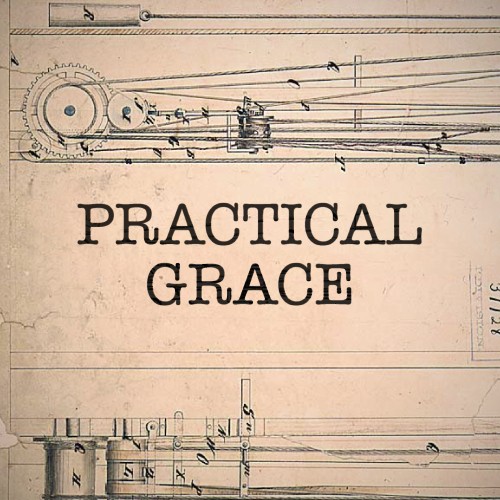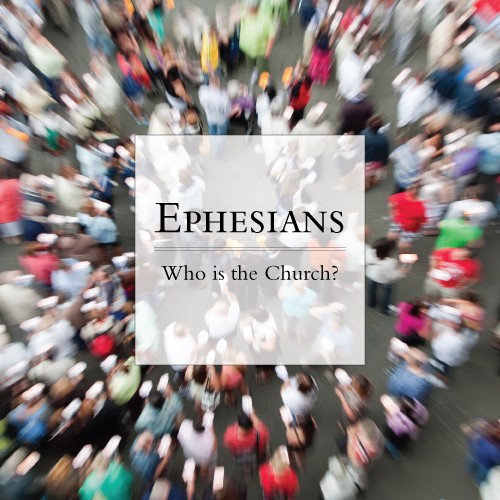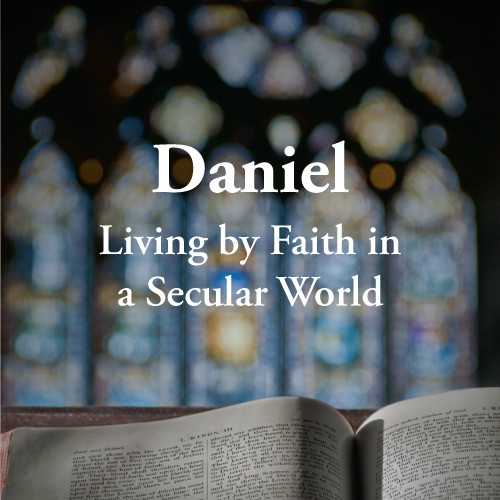
Sermon
Should I Not Love That Great City?
Tim Keller | October 14, 2001
Overview
In Jonah, the antagonists are the religious, moral people. It’s us. It’s the city-disdaining, city-phobic, religious, moral people. We’re the antagonists, and God is the protagonist.
It all comes down to this last question when God says, “Should I not have compassion? Should I not love that great city?” This is what the story is about. It’s about God’s love for a big, unbelieving, unjust, violent, pagan city.
We can learn about three things here: 1) God’s call to the city, 2) God’s view of the city, and 3) God’s love for the city.




